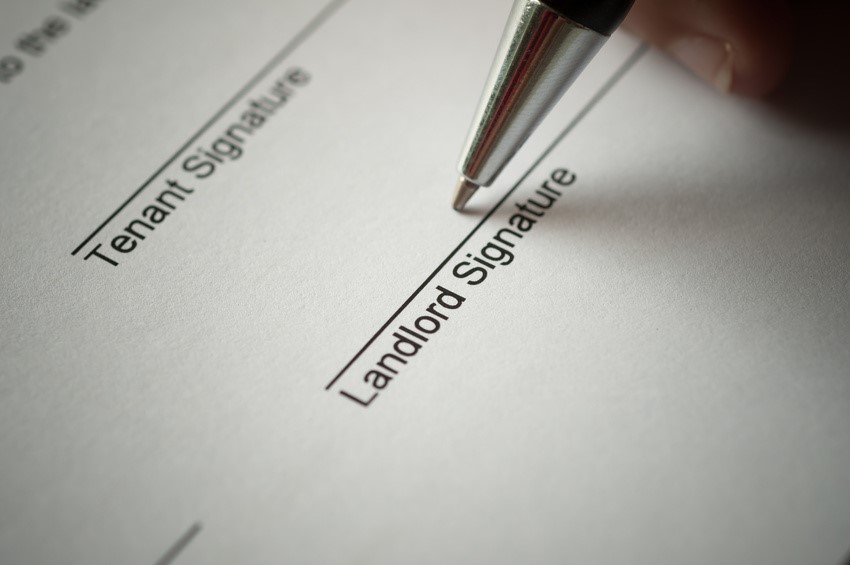
In the most recent Autumn Statement, Chancellor Philip Hammond announced that letting agents will be banned from charging tenants admin fees “as soon as possible”. Hammond states that this will save 4.3 million households a year hundreds of pounds, as the average cost of tenancy fees is £340.
Tenants are understandably pleased with the news, but will it actually save them money? Of course, the cost must be absorbed by someone, so if the ban is imposed, what does it mean for both tenants and landlords? Let’s examine the possibilities.
Landlords may have to pay the fees
The most likely reality is that landlords will pay the tenancy fees, which may be a tough cost to endure. However, unlike tenants, landlords have the advantage of shopping around for letting agents. Tenancy fees can vary widely, and with more landlords looking for more cost-effective options, agents could be forced to lower them.
Many landlords and agents are likely to find this arrangement unfair, as it does not mirror what happens when someone purchases a property. An owner of a property would not be expected to pay the arrangement fees for their purchaser’s mortgage.
Tenant fees cover a number of admin tasks that must be completed, including credit checks, immigration checks, drawing up the contract, references and more. If any of these checks or references fail, is it fair to make the landlord or agent swallow the costs? Again, this is something that would not happen if the tenant was buying the house instead of renting it.
But will rents increase?
There is the possibility that tenants won’t save any money because of the ban. Richard Price, Director of Operations at the National Landlords Association (NLA), believes landlords will put rents up to counter the additional costs they will have to endure, which over time could cost tenants more.
For tenants who don’t have the money upfront, but could cover the cost of the fees over a longer period, this might still be a better solution. In areas where rents are already high, though, an increase could make housing unaffordable for some struggling families.
Jeremy Leaf, a former Royal Institution of Chartered Surveyors residential chairman, doesn’t think rents will rise, as it will be difficult for letting agents to pass on the costs to landlords because they can shop around. If a landlord is unhappy with the price of tenancy fees, they will go elsewhere. In turn, this may force agencies to swallow the costs themselves.
What happened when Scotland introduced the ban?
The easiest way to predict what’s going to happen if/when the ban comes into effect in England and Wales is to look to Scotland. In 2012, the same ban was implemented and, for the most part, rents didn’t rise as a result. Shelter reports just two per cent of landlords chose to increase their rents to cover the cost of the fees.
Official Scottish government figures, however, tell a different story, notes David Cox, managing director of the Association of Residential Letting Agents (ARLA).
“According to official Scottish government statistics, average rents rose by 4.2 per cent in the first 12 months after the ban was enforced, and for the same period in England, rents went down by 0.7 per cent, so we do see quite a stark difference north and south of the border,” he said.
Rogue landlords and agents will still be a problem
ARLA is not happy with the proposed ban, as there is no “strong basis of evidence” it will save renters money so that they can get on the housing ladder. It believes that it will not prevent rogue landlords and agents from operating outside the law, which can lead to high tenancy fees and in some cases, double-charging.
The main concern amongst landlords and agents is that they are being punished for the actions of those operating illegally. Agents who already charge below-average tenancy fees are particularly unhappy, as their business may be hit because of greedy competitors. Although the ban could in fact mean those agents receive more business, as landlords will naturally want to move away from using those that charge high fees.
A consultation on the ban is due to take place in January 2017, which ARLA will be involved in. The law would need to be passed through Parliament first, so there’s no telling when it will come in, if at all.
For now, landlords should re-evaluate the letting agent they are currently using: is it good value for money? Would you pay its fees if they were passed to you? Tenants, meanwhile, must wait to see what happens, as there is a slim possibility they won’t save as much money as they’d hoped.

